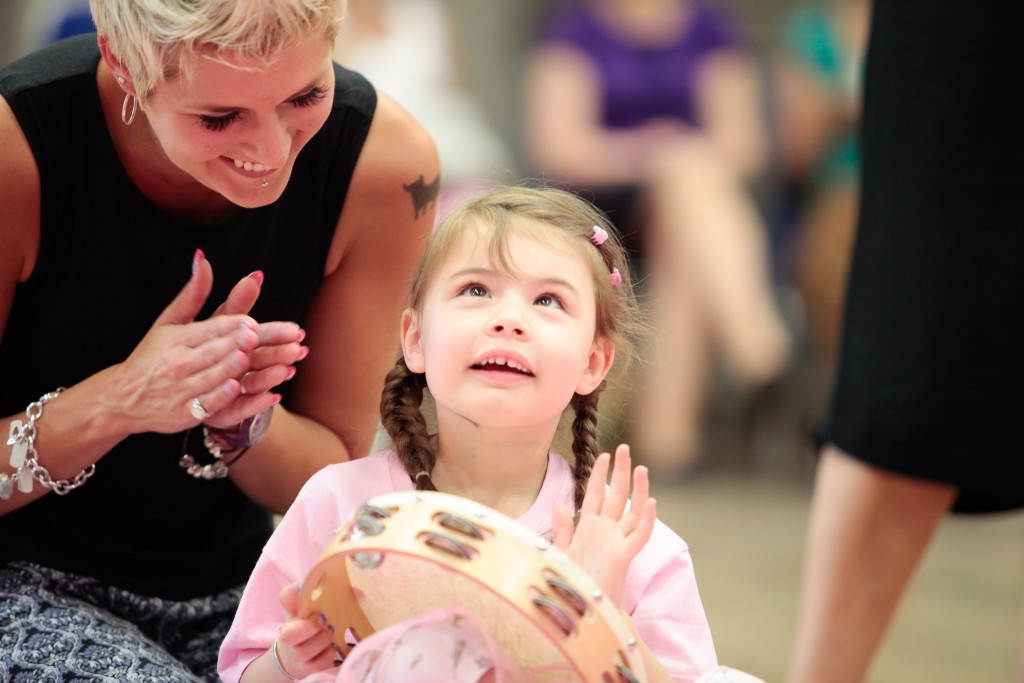
A Bristol-based dance project is spreading its inclusive arts campaign, training teachers to run ballet sessions for disabled children and their non-disabled counterparts.
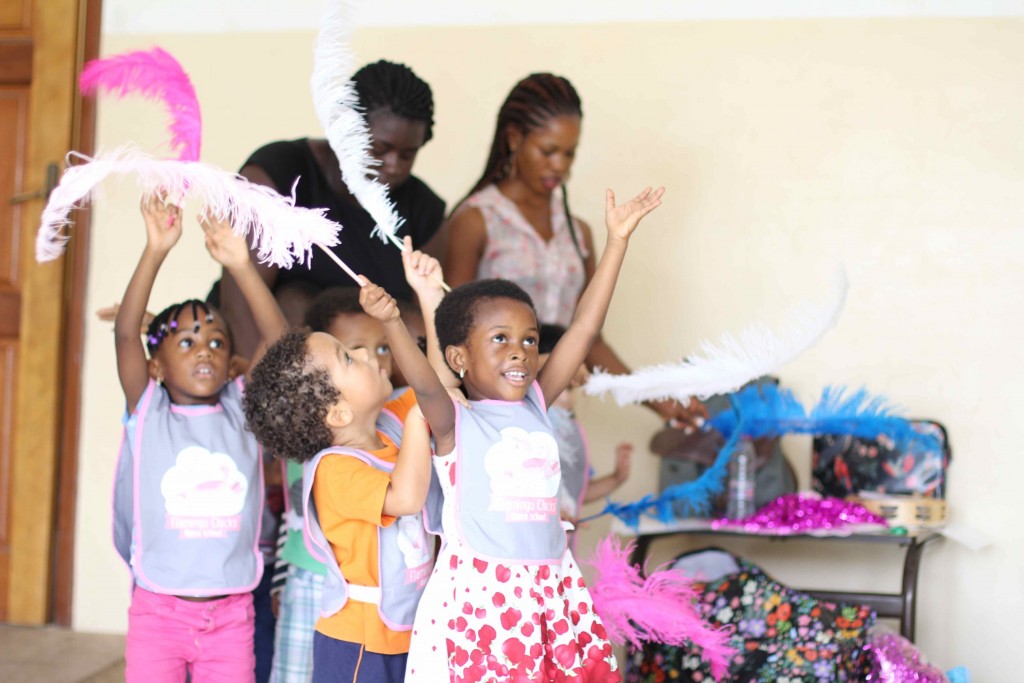
My piece on the Flamingo Chicks dance school, which launched two years ago as a community interest company, is on the Guardian site today. Its weekly classes in Bristol, Leeds, York and London reach 1200 three to 19-year-olds with or without disabilities, and those with illnesses such as cancer. Classes offer access to mainstream dance activity (often, such classes are segregated), develop confidence, social skills, co-ordination, communication and concentration.
Now, the sessions are launching in Ghana – dubbed “the worst place in the world to be disabled” – sessions reaching 200 children and training 10 teachers to put on classes. Founder Katie Sparkes has contacts in Africa thanks to her work supporting charities with corporate social responsibility.
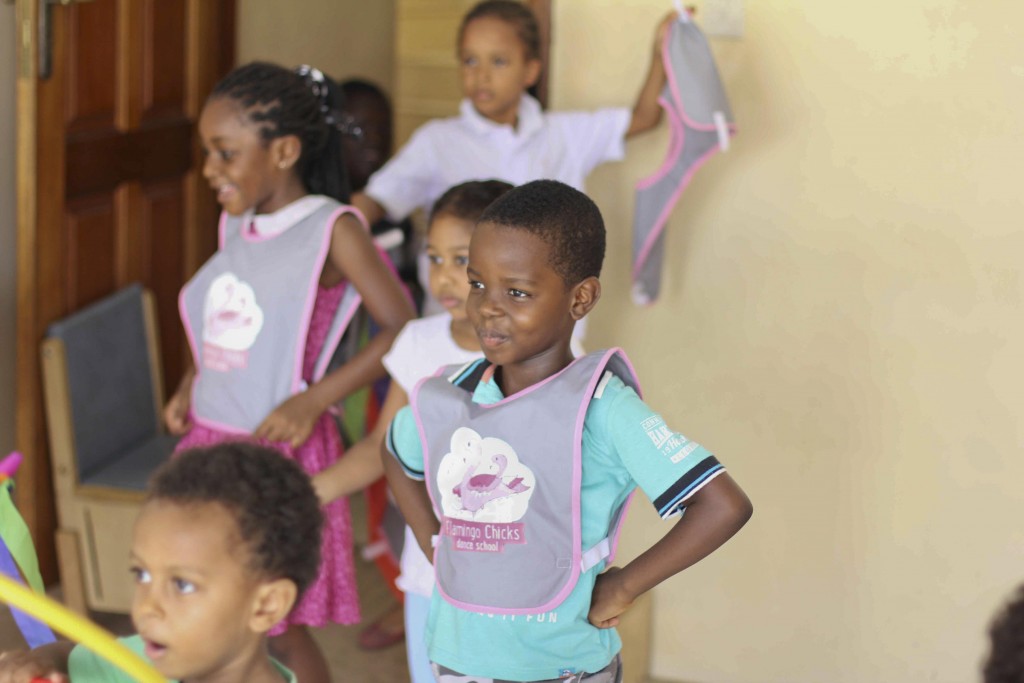
Sparkes says of the work in Ghana earlier this month: “We did lots of workshops with children aged two to 25 and also did a teachers’ training session where teachers and childcare workers from a variety of schools and orgs attended. We left them with lesson plans, equipment and a host of ideas. We’ve also set up an online ‘Global Chicks’ group where we can provide on-going outreach support. Any questions, ideas or motivation they need, our teachers will respond and coach them, also providing video tips or tutorials.”
Ballet, with its discipline and formal image, might not seem an obviously accessible art form, but Sparkes says it can improve body awareness, muscle strength and core stability. Its storytelling aspects and focus on character are also accessible.
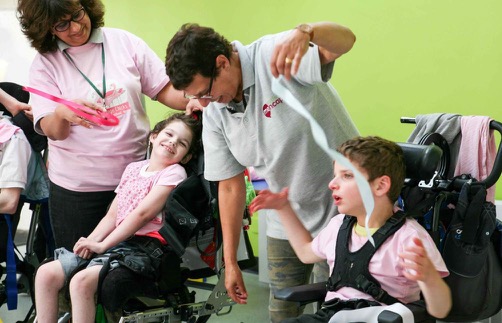
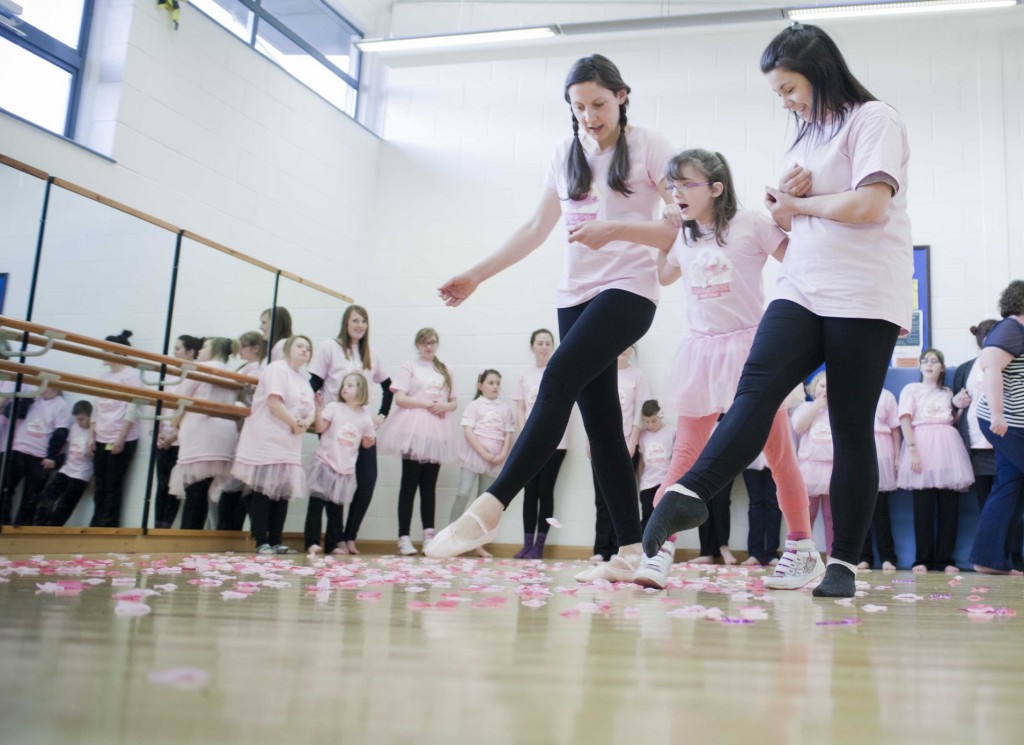
The school has eight teachers who focus on trips and performances as goals and benchmarks, instead of exams. The 45-minute or hour-long sessions include drama, dance and yoga using sensory equipment like feathers, dance ribbons, scarves and flashcards for deaf children, or hula-hoops to teach arm movements to a blind child. The relaxed atmosphere means children may wander around or makes noises without fear of flouting any rules.
There are an estimated 770,000 children with disabilities in the UK. Three quarters of families with disabled children feel so isolated that it has caused anxiety, depression and breakdown, according to charity Contact A Family. Four in ten (38%) parents of disabled children say their child ‘rarely’ or ‘never’ have the opportunity to socialise with children who aren’t disabled, according to a 2014 Mumsnet and Scope survey.
The full piece is on the Guardian’s social care network.
